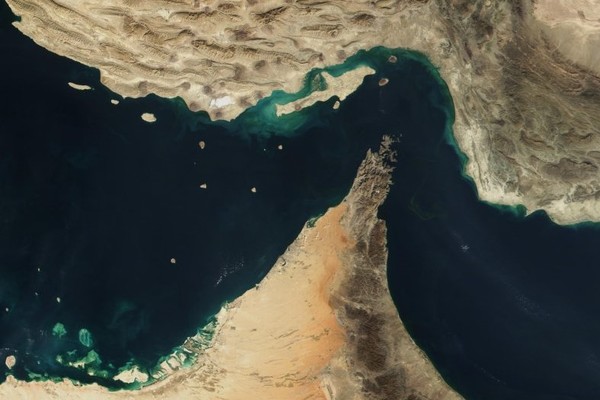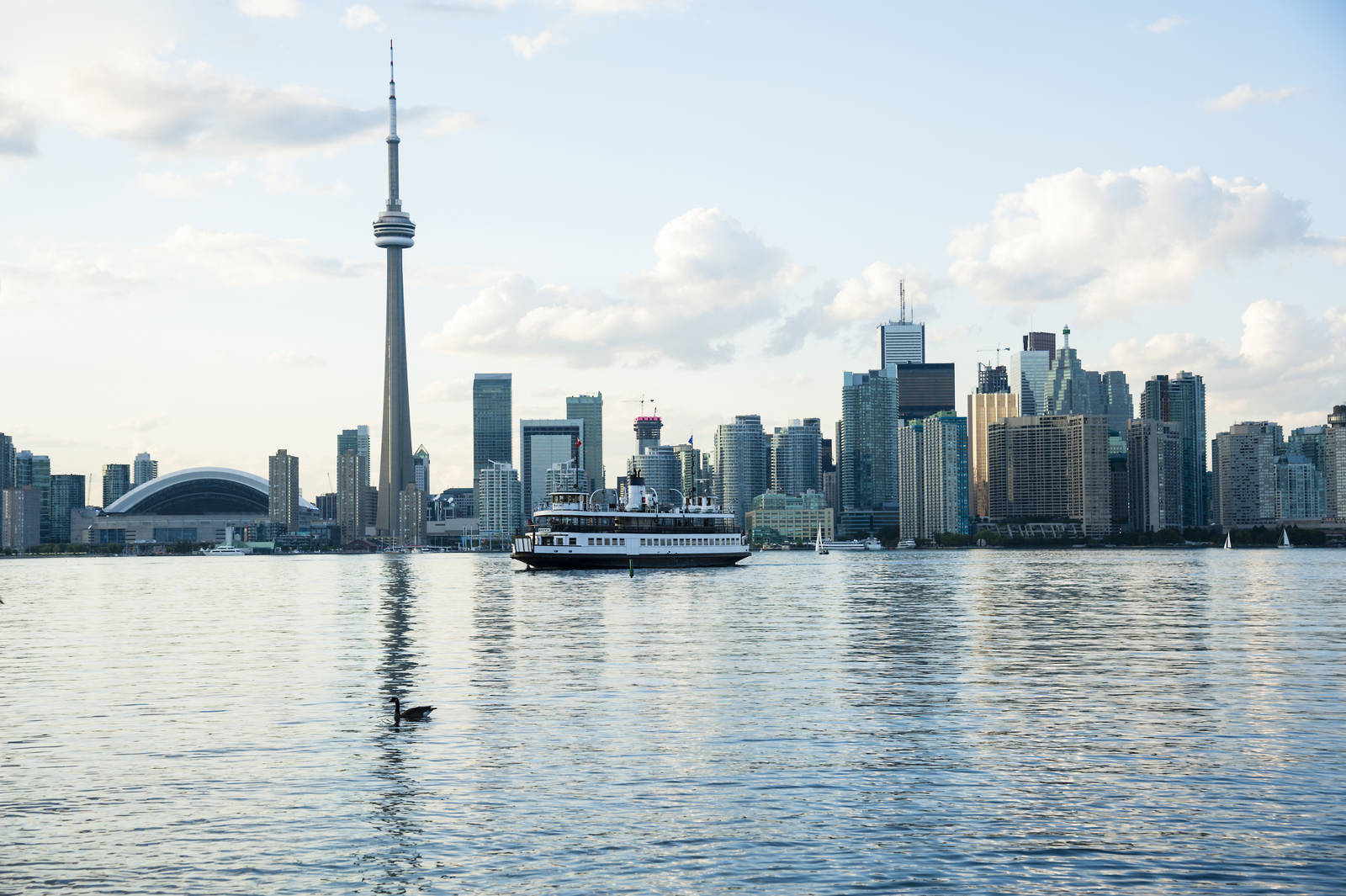The countries around the Gulf possess almost half of the world’s oil reserves and have often been a focus for tension. The Gulf states in turn rely on the Strait of Hormuz to export their oil, and the strait itself is a strategic nexus which underpins the international trade system that has delivered widespread prosperity and security for decades.
Estimates vary but with at least 20% of the world’s oil and 25% of its LNG passing through the narrow waterway, the economic stakes are high, particularly for the major recipients East Asia, Japan, India, Australia and China. The US political strategy of exerting sustained maximum pressure to prevent Iranian nuclear progress is creating new strains for commerce but with no identifiable resolution in sight, underwriters are faced with great uncertainties and must be alive to developments.
Iran’s economy is plainly being affected by the continuing US sanctions, but it is very difficult for insurers to ascertain facts or fully appreciate the strains the country is under. Additionally, analysts struggle to foresee the way that its 70-year-old President is thinking or what measures he is prepared to take. While Iran is a segmented society, it is not fragmented and remains centrally controlled with the Islamic Revolutionary Guard Corps (IRGC) taking and following instruction from the President. If Iran’s internal circumstances deteriorate further, its actions will become correspondingly more difficult to predict or anticipate.
The task for underwriters is how to address and mitigate the threat to their insured assets in the region. For that reason, the London market’s Joint War Committee took the decision to add the Gulf to its Listed Areas, thus requiring shipowners to notify underwriters who would then have the chance to assess individual voyages to the area and react accordingly. Some cargo underwriters have also given notice of cancellation to review affected client accounts.
The situation has evolved considerably since the attacks at Fujairah in May when plausible deniability appeared to be the policy. In July, Iran openly seized vessels in direct but intentionally proportionate retaliation to Gibraltar’s detention of the Grace 1 for breaching EU sanctions on Syria. Transiting vessels report that Iranian harassment has been more aggressive than in the past but early talk of employing armed guards was swiftly quelled, not least because the local legal position is set against their use. So far, it is oil tankers that have been targeted but there is no guarantee that future attacks will be confined by vessel type or location and apart from the obvious case of the UK, individual flags appear to be of secondary importance in the target-selection.
Although international shipping is clearly at risk, at the time of writing, the international response has been mixed and disconnected. The UK, for its part, has undertaken to provide naval assistance to UK flag tankers and that escort programme has provided very welcome support. Iranian strategy looks calculated to edge America to the negotiating table but until or unless that succeeds, the shipping industry and its insurers must be prepared for more trouble as further incidents would seem inevitable.

